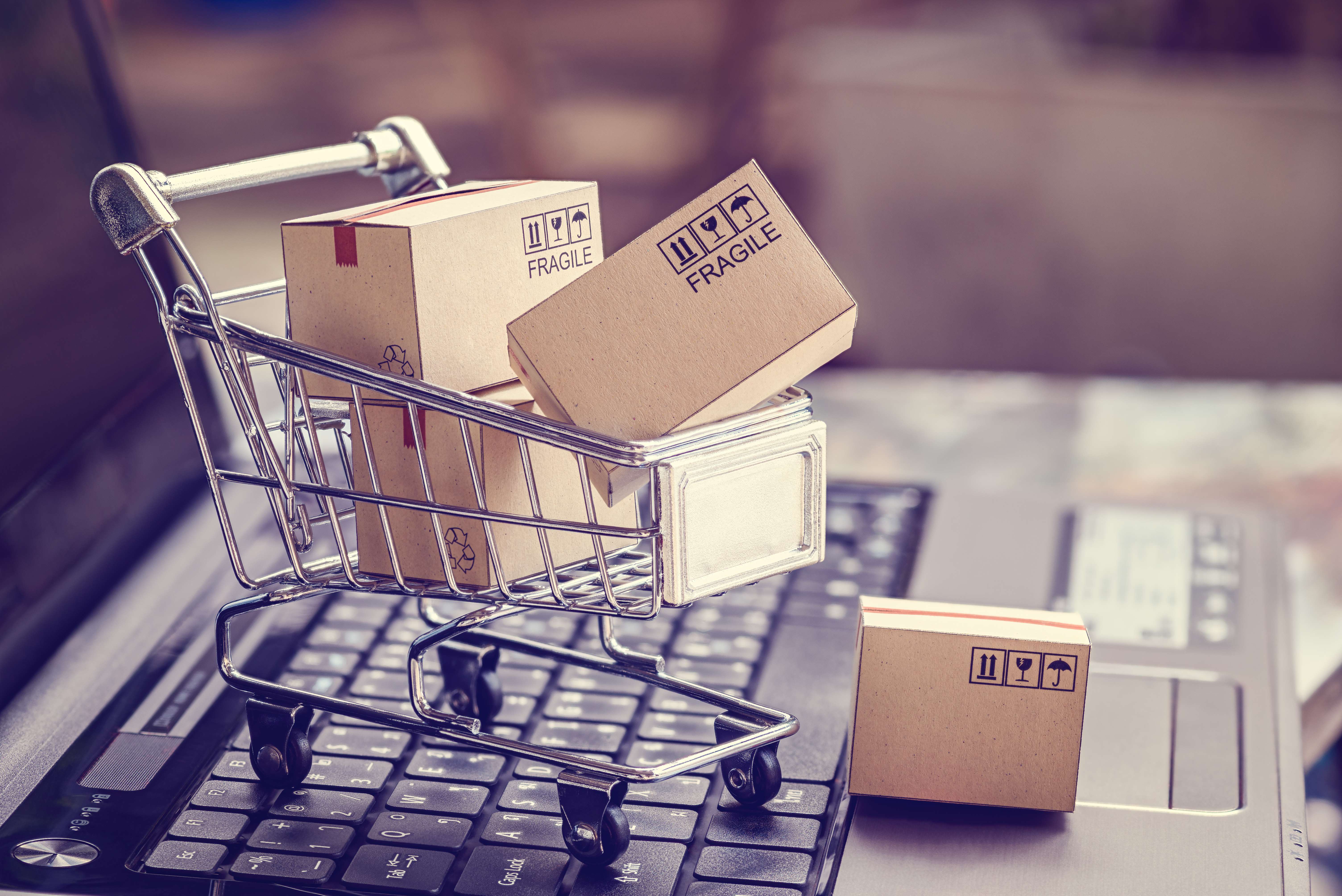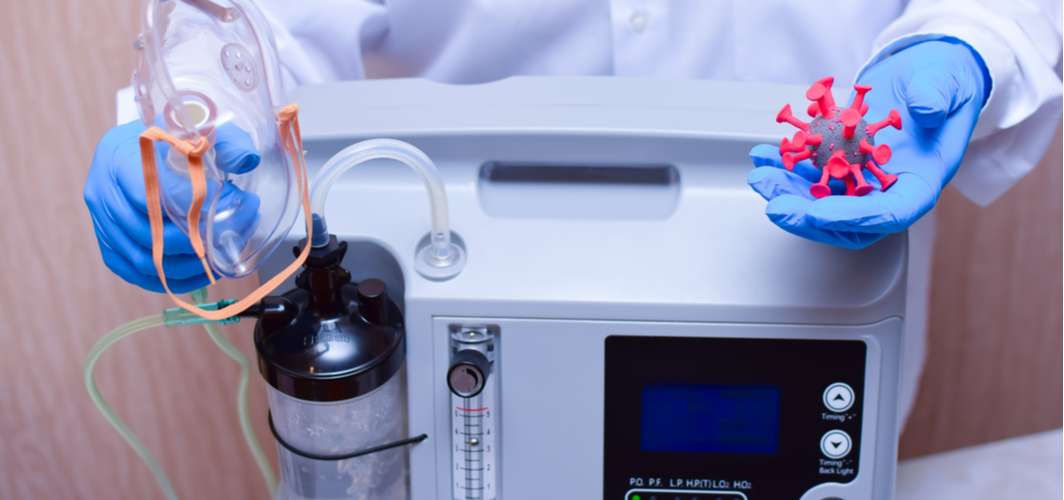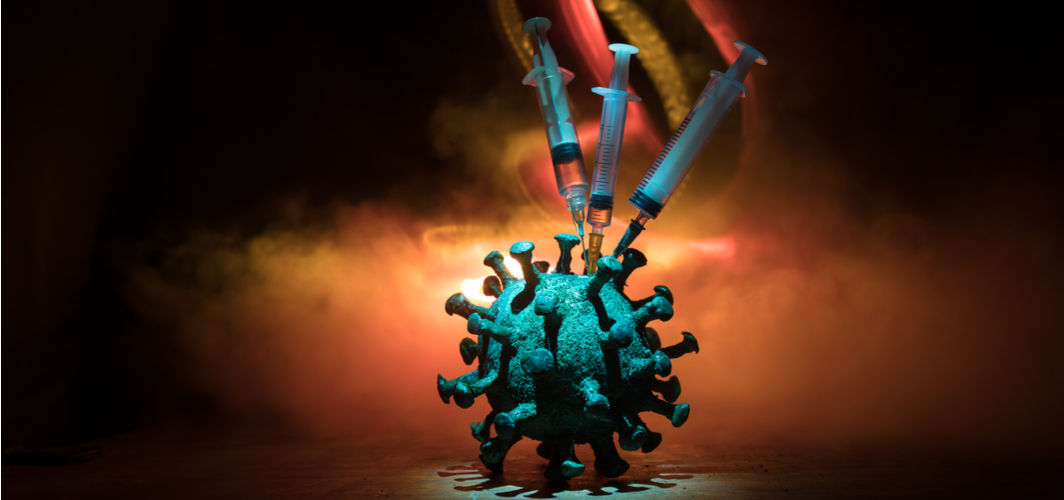Coronavirus Updates
What Are the Precautions for Online Shopping During COVID-19?
3 min read
By Apollo 24/7, Published on - 04 June 2020, Updated on - 18 October 2022
Share this article
1
4 likes

The COVID-19 or Coronavirus pandemic has significantly impacted our lifestyle. It is a well-known fact that Coronavirus causes an infectious respiratory disease. It spreads through oral and nasal droplets when an infected person either coughs or sneezes. These droplets may land on surfaces and infect a healthy individual when a person touches these surfaces. Hence, global health organizations and many governments have recommended practising social distancing to prevent the spread of the Coronavirus. They have also suggested other preventive measures for COVID-19 like frequent washing of hands, wearing masks in a public place etc.
Another measure that many governments have recommended is using online shopping as an alternative to offline shopping. Online shopping can minimize the risk of getting infected as consumers need not step out of their homes to buy essential items. This can indirectly lead to consumers practising social distancing. In times like these when stepping out of our homes may be risky, the preference for online shopping has increased. Capgemini Research Institute survey indicated that over the next 6-9 months, urban Indian online shoppers will increase from 46% to 64%.
Is it safe to receive online shipments?
As COVID-19 infection has spread across countries, consumers have questioned the safety of receiving their online orders. Global health organizations like the World Health Organization (WHO) and the Centers for Disease Control and Prevention (CDC) have confirmed that it is safe to receive shipment packages and couriers even from COVID-19 affected areas. Besides this, CDC has clarified that if the received package of the parcel is visibly dirty, it should be cleaned and disinfected as a good practice.
Research done by these organizations has revealed that the chances of the Coronavirus surviving on the purchased items are low. The ability of the Coronavirus to cause infection gradually reduces with the passage of time as the item is packed, shipped, and received by the customer. A research article published by the New England Journal of Medicine (NEJM) has revealed that the Coronavirus can survive up to 4 hours on copper, 3 hours in aerosols, 24 hours on cardboard, and 2-3 days on stainless steel and plastic surface.
According to CDC, there is no evidence to supports that Coronavirus transmission is associated with the food items purchased through online shopping.
What are the precautions to follow while receiving online orders?
Following are some of the precautions recommended by CDC while receiving online deliveries:
- Ask the delivery executive to leave the order in a safe spot outside the house with no person-to-person interaction. You can also receive the order in person by maintaining at least 6 feet distance from the delivery person.
- Avoid making cash transactions with the delivery executive. Instead, you can opt for an online mode of payment.
- Immediately dispose of the shipment packages once you take out the item from it.
- After receiving your delivery wash your hands thoroughly with either soap and water for at least 20 seconds or a hand sanitizer.
Conclusion
During the COVID-19 pandemic, essential items are accessible online through just a few clicks on the mobile phone. Global health organizations have confirmed that it is safe to receive online delivery of items with necessary precautions. This will change the consumer behaviour towards online shopping. So, there is nothing to worry about receiving online deliveries if we follow social distancing, use face masks, and ensure frequent hand washing.
If you have any questions related to Coronavirus, you can consult our team of expert doctors through online doctor consultation.
Coronavirus Updates
Leave Comment
Recommended for you

Coronavirus Updates
What are the Long-Term Health Effects of COVID-19?
It has been found that the after-effects of the COVID-19 linger on in the form of fatigue, heart issues, joint pains, neurological symptoms and other problems.

Coronavirus Updates
How to Stay Mentally Fit During the Lockdown
There is a lot of uncertainty around the Coronavirus which may cause anxiety, fear, and worry in many of us.

Coronavirus Updates
Oxygen Concentrators: Everything You Need to Know
An oxygen concentrator is a device that provides supplemental oxygen to a patient with breathing issues. It works by filtering and concentrating oxygen from ambient air.
Subscribe
Sign up for our free Health Library Daily Newsletter
Get doctor-approved health tips, news, and more.
Visual Stories

COVID-19: The situation on ground [6th July 2021]
Tap to continue exploring
Recommended for you

Coronavirus Updates
What are the Long-Term Health Effects of COVID-19?
It has been found that the after-effects of the COVID-19 linger on in the form of fatigue, heart issues, joint pains, neurological symptoms and other problems.

Coronavirus Updates
How to Stay Mentally Fit During the Lockdown
There is a lot of uncertainty around the Coronavirus which may cause anxiety, fear, and worry in many of us.

Coronavirus Updates
Oxygen Concentrators: Everything You Need to Know
An oxygen concentrator is a device that provides supplemental oxygen to a patient with breathing issues. It works by filtering and concentrating oxygen from ambient air.